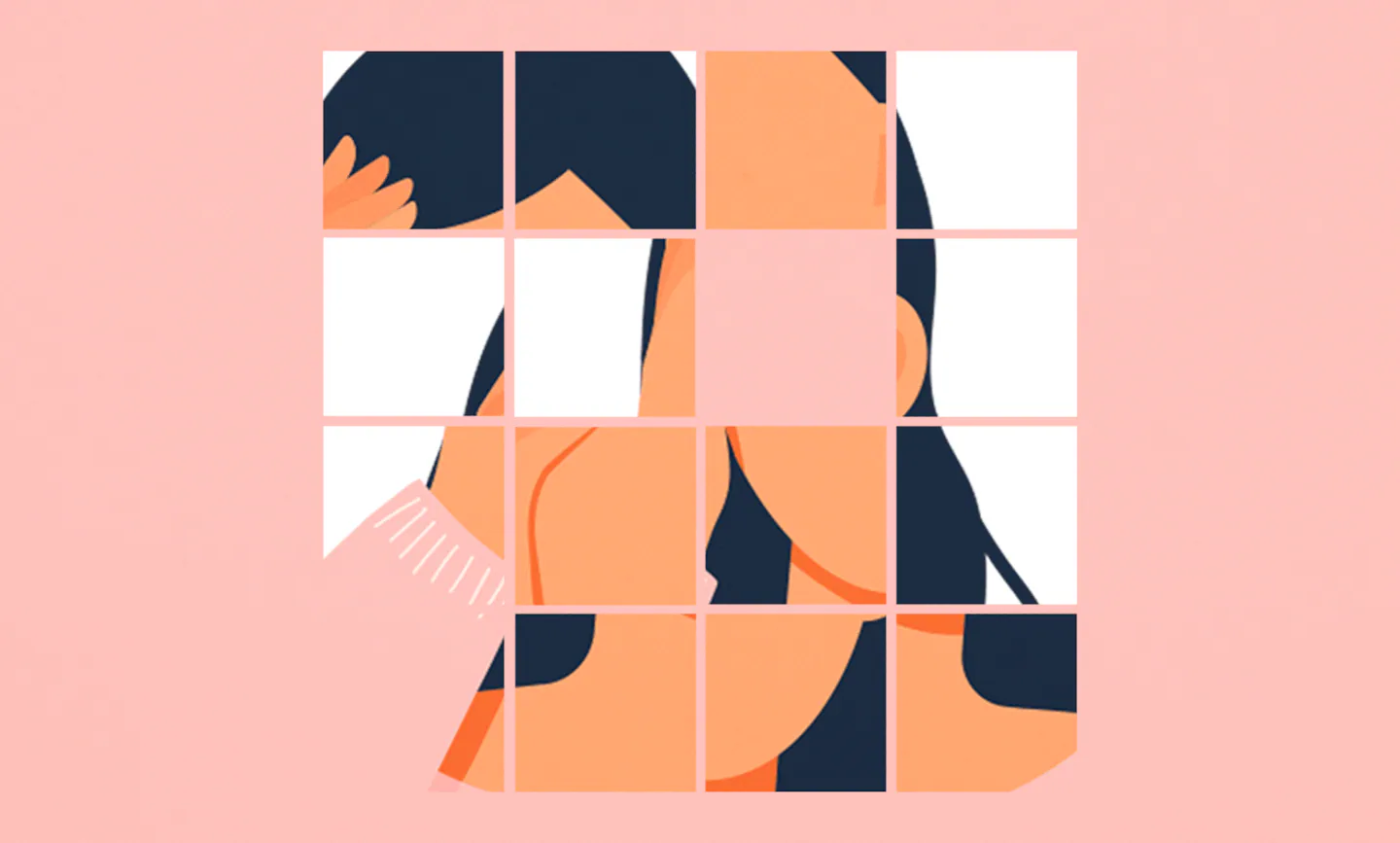Copyright The Boston Globe

Later, I saw a clip of news hosts discussing what to do with the critically mentally ill. They offered jail or death as a solution. Although one has since apologized, he was talking about people with disabilities like mine. Mental illness is a challenging birthright that too often leaves those afflicted with no easy place in society. It is like any illness: When you do not treat it, it gets worse. Brown’s mother had previously attempted to have him involuntarily committed but was denied. She dropped him off at a homeless shelter when she feared for her own safety. During a phone call after the attack, Brown told his sister that “material” planted inside him was controlling him. A person who commits a crime isn’t necessarily just evil. Thinking in such black-and-white terms allows us to pass judgment on our most vulnerable population with a disregard that feels cruel. To punish the suffering is a lazy answer to a difficult crisis. How do you condemn the action but offer care and redemption to the attacker? If there are words to describe the emotions I experienced during my psychosis, I have yet to find them. Laws of time and money and communication no longer made sense, and it infuriated me. With my phone, I had instant and unlimited access to everyone I had ever known. I saw everything as evil, as an attack and a conspiracy, about which I alone had to do something. I would fight and curse and weep online, or with anyone unlucky enough to see me in person. I was hearing and feeling and seeing things that were not there and acting on that terror. The four days leading up to my hospitalization are 30 minutes in my memory. I came to in sweat-soaked clothes I don’t remember putting on. But my eight days in the hospital are clear. During that time, I can’t recall ever sitting down with a doctor. I would see her in the hall of the psychiatric wing, and she would tell me what they were giving me and when I would be discharged. Although I had made threats of violence, I was released from the hospital with no guidance or oversight, no assured care. There was a waiting list for mental health resources, and I was passed from temporary psychiatrist to temporary psychiatrist, always struggling to retain steady access to my medications. Do you know what it is like to have to trust someone else with your mind? I would try and try different doctor-sanctioned chemical combinations, some with disastrous consequences. To me, it did not appear to be a definite science: Every doctor told me something a little different. What I had and how to treat it seemed to be up for debate. I would open my mail and cry, every week receiving a new medical bill for thousands of dollars with no idea whether my insurance would cover it and no hope that the job I was struggling to hold on to would be able to pay for it. I live in a constant state of worry that I will lose that health insurance. Now imagine going through all of this when, through no fault of your own, you are unable to think clearly. If it wasn’t for the determined and exhaustive care of my mother, I do not know how or where I would have ended up. I do not wonder but know that I am loved fiercely. But that is not always enough. When the clouds of my mania cleared, long after I got out of the hospital, and I realized the extent of my illness, it sank me. When I was told about hurtful and strange actions I had taken that I could not remember, it stung like being slapped. The people around me would reveal the pain my episode had caused them, and I didn’t know what to say other than that wasn’t my experience. It was something different to me. After many hard months, I returned to the land of the sane, and I felt so old. I would look around and be perplexed. How am I meant to interact with people when I know how far the mind can go, when my own has taken me to those wonderful and horrifying places? How am I meant to live with myself after the things I have done and said? How can I trust my brain? I am the person who screamed in my mother’s face. The person who harassed and threatened those I love. I will carry that with me forever. Now, when I feel strong emotions — even happiness — I also feel fear. Every day I work to show myself that I am a person who is kind, who is loving, and who is peaceful. I was sick, but I deserve to be healthy. My story is personal, but it is not unique. If you were to mention my name to someone who barely knew me, my episode might be the first thing they think of. But the second might be of someone else they know, maybe even love, who has gone through something similar. And as my psychiatrist likes to tell me: There is no cure for what we have.



